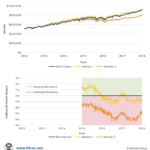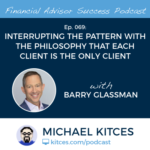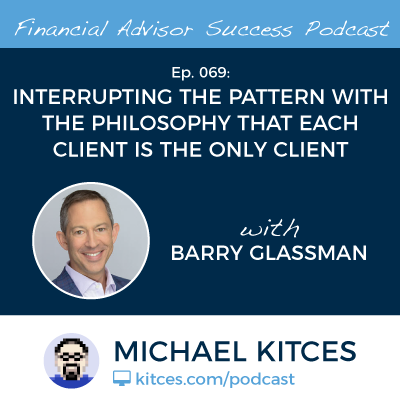With the rise of internet connectivity, it is increasingly feasible to work from anywhere, and simply rely on technology to accomplish key tasks and facilitate important communication. Which for many, is appealing simply to escape the distractions of the busy office environment. Not to mention the opportunity to reduce what for many is a 15-mile driving commute down to a 15-foot walk down the hall!
The caveat, however, is that the traditional office environment provides a lot of structure that is actually very important to maintain personal productivity. As a result, shifting to a home office environment may increase available time – by eliminating the commute and the work colleague distractions – but may not necessarily improve productivity, given the introduction of all the distractions of home and family!
Consequently, to maintain personal productivity in a home office environment, it’s necessary to establish some “office” structure of your own. Including having an office space that is physically separate – at a minimum, with four walls and a door that you can close – to establish (both to family and in your own head) when you’re really “at work” and should not be interrupted with the distractions of home. Similarly, even though you’re at home and can work “anytime”, it’s more effective in practice to have set Office Hours when you intend to be in your office and working… both to set expectations (for yourself and family), and so that you can draw the line of when to stop working (or else, for workaholics in particular, a home office can become all-consuming!).
In addition, it’s important to recognize that while working from home can eliminate the distractions of work colleagues, most people will ultimately crave at least some human interaction with others. Which means those who choose to work from a home office need a plan to deal with the loss of human interaction. From using technology for video conferencing to conduct team (and client) meetings, to using chat tools to maintain inter-office conversation and social interaction, engaging in social media (as a true social engagement channel), and even joining a local association or networking group to have opportunities outside the house, it’s vital to have a plan to maintain your social connections, as one of the most common reasons that people stop working from home is the feeling of social isolation.
And for those who are happy working from home, and intend to do so for a long time to come – be certain to (re-)invest into making your home office into a real space of your own for work, from buying quality office furniture and a comfortable work chair, a good keyboard and mouse, well-sized screens, and even creating multiple workspaces in your home office (to the extent that space allows)… as even though the office may be in your home, you should still treat it like a real office, especially since you may spend a lot of cumulative hours of time there in the years to come!








 Welcome, everyone! Welcome to the 69th episode of the Financial Advisor Success Podcast!
Welcome, everyone! Welcome to the 69th episode of the Financial Advisor Success Podcast!

